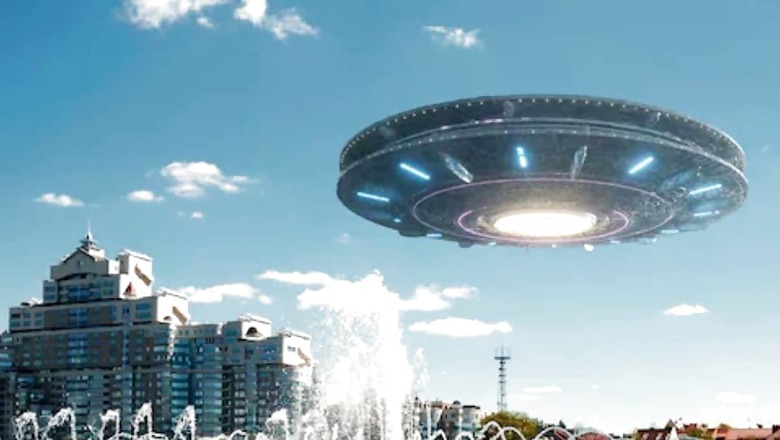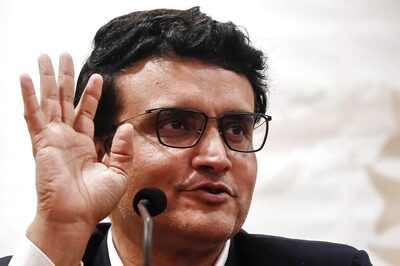
views
Despite the endless number of UFO sightings and reported alien encounters in recent decades, our fascination with extraterrestrial life dates back to the 17th century, according to recent studies. It is believed that astronomers and academics first came to this view in the 16th century, after discovering that the Earth, like all other planets; contrary to the earlier belief that it was at the centre of the universe – orbits the Sun.
This led theorists to believe that there must be intelligent life like ours on various other planets. Dutch astronomer Christiaan Huygens developed the theory that God, in his all-seeing and all-knowing power, would not have missed the opportunity to populate the entire universe with living beings. He suggested that God’s mysterious other “living beings” on neighbouring planets like Jupiter had hands and feet and stood upright like us, but shockingly, he claimed that they towered over us in height and lived lives like us, with homes, social interactions, art, and worship.
Huygens rose to fame in the 1650s for discovering the first satellite of Saturn (later called Titan) and the planetary ring (later recognised as rings), as well as for inventing the first accurate pendulum clock. He also invented numerous other devices, including the “magic lantern,” a kind of primitive slide projector, and made important contributions to mathematics, particularly in the fields of geometry and probability, introducing mathematical formulas to express the relationship between quantities such as velocity and mass in physical problems. All of these achievements make him the greatest scientist in the period between Galileo and Newton.
Meanwhile, others were not so sure about extraterrestrial life, but Joseph Glanvill and Isaac Newton of the Royal Institute supported the theories put forward by Huygens, stating in 1976 that while there was currently no evidence of life on other planets, they supported “the hypothesis that the Moon is habitable, or the conjecture that it is inhabited.”
Only recently has the idea that extraterrestrial life could be a threat to our come to the forefront with popular culture often portraying extraterrestrial life as something to be feared rather than welcomed onto our planet.


















Comments
0 comment